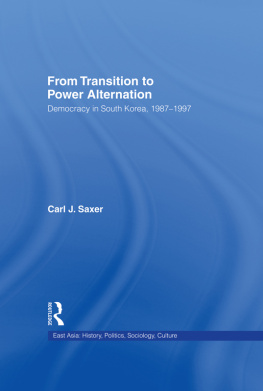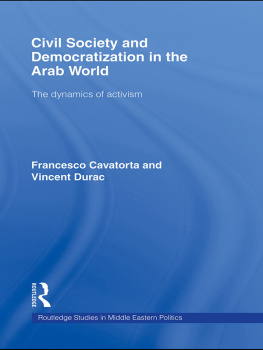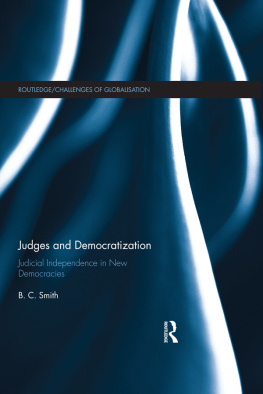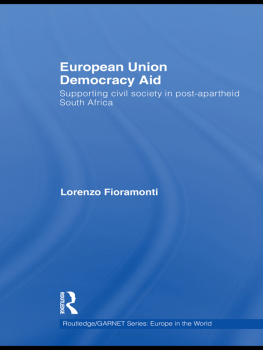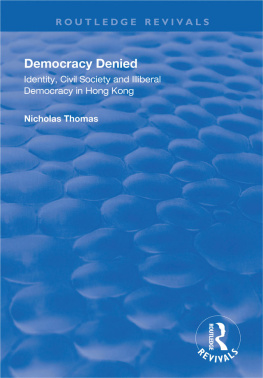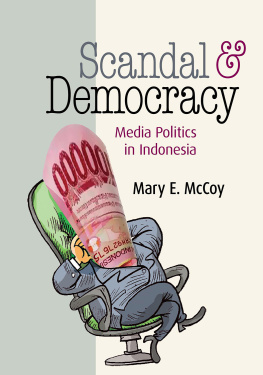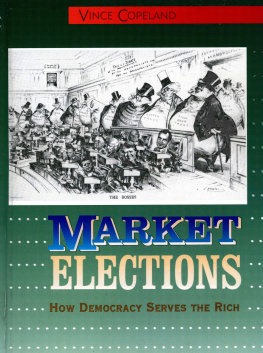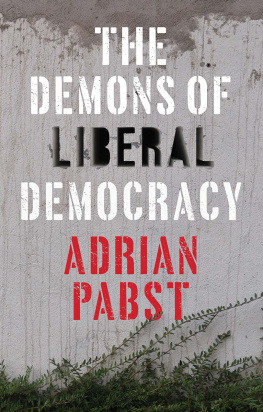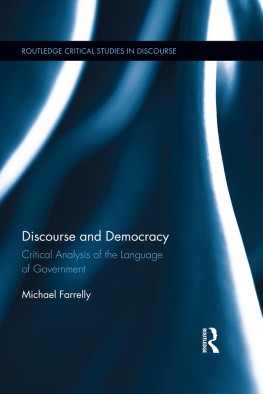Acknowledgments
It is a miracle that this book was ever written, and the fact that it was is a result of tremendous debts. My decision to do research in Guatemala was heavily influenced by the enthusiasm of colleagues at the University of Texas at Austin, especially Irma Alicia Velzquez-Nimatuj, Ramn Ponciano Gonzales, Ven de la Cruz, and Ajbee Jimenez. Thank you for your patience and generosity over the years. UT Austin presented a truly unique and wonderful place and time to study political anthropology in Latin America and the borderlands. I am fortunate to have met and shared ideas with an unusually large number of committed scholars and activists: Mark Anderson, Melissa Biggs, Ronda Brulotte, Vania Cardoso, Ben Chappell, Emiliana Cruz, Richard Flores, Melissa Forbis, Jen Goett, Pablo Gonzalez, Ted Gordon, Pete Haney, Scott Head, Keisha Khan-Perry, Cale Layton, Liz Lilliott, Chris Loperena, Korinta Maldonado, Mariana Mora, Courtney Morris, Vivian Newdick, Brandt Peterson, Nadjah Ros, Gilberto Rosas, Apen Ruz, Lynn Selby, Dan Sharp, Fernanda Soto, Shannon Speed, Angela Stuesse, Heather Teague, Mike Trujillo, and Jackie Zahn. It will always be humbling to be among this generation of luminaries. Teresa Velasquez has been a constant collaborator whose combination of commitment, brilliance, and sense of humor is without equal. I am also thankful to the staff of the Benson Latin American Collection, who curate the many treasures stored there.
Notable among the many other dear and talented individuals I was privileged to meet at Texas were Can Aciksoz, Mohan Ambikaipaker, Matt Archer, Whitney Battle, Jamie Brandon, James Brow, Beth Bruinsma, Peggy Brunache, Jenny Carlson, Galeet Dardashti, Adriana Dingman, Bob and B. J. Fernea, Kaushik Ghosh, Dan Gilman, John Hartigan Jr., Deborah Kapchan, Jennifer Karson, Ward Keeler, Ritu Khanduri, Mathangi Krishnamurthy, Ozlem Okur, Hisyar Ozsoy, Alisa Perkins, Leighton Peterson, Jemima Pierre, Jacqueline Polvora, Junaid Rana, John Schaefer, Ruken Sengul, Nathan Tabor, Leela Tanikella, Francis Terry, Faedah Totah, Linta Vargese, Maria Velsquez, Kamala Visweswaran, Scott Webel, Anthony Webster, Mark Westmoreland, and Casey Williamson. I am especially grateful to Nell Barker, Leah Ferguson, Celeste Henery, Ken MacLeish, Shaka McGlotten, Diya Mehra, Joel Page, Rachael Pomerantz, Nadjah Ros, Ken Rubin, Liz Smith, Raja Swamy, and Halide Veliolu for helping me keep life and school in perspective. And it is hard to imagine a kinder and more thoughtful person than Mubbashir Rizvi. I was fortunate to receive sage advice from Charlie Hale, Katie Stewart, Kamran Asdar Ali, Virginia Garrard, and Polly Strong. Begoa Aretxaga was a truly formidable mind and mentor whose intensity will be forever missed. Ron Greene and Mel Tapper shaped my thinking in a thousand ways.
I was blessed to have had a large group of nonanthropologist but equally brilliant friends over several iterations of Austin life, including Billy OLeary, Natalie Vallot, Darren Jones, Tamara Goheen, Jacob Childress, Chris McNett, Anne Merrill, and Karla Steffen, many of whom happened to later staff the anthropology department. I was in a vibrant intellectual world inhabited by Stapp Beeton, Dave Breshears, Jon Brody, Chris Burk, Nikheel Dhekne, Eric Emerson, Jeni Emerson, Blake Eno, Michelle Gajda, Ryan Goodman, Penelope Gonzalez-Marks, Derek Jenks, Yuri Kostun, Kevin Kuswa, Brian McBride, Georgette Oden, Megan ONeil, Joel Page, Jay Reed, Judd Renken, Joel Rollins, Bill and Kim Shanahan, Kate Shuster, Stephen Stetson, Sammi Whitmire, and Dave Wyrick. They set me on a path of ethical and political development that led me to anthropology. I had encountered Brian Ragsdale, Orion Auld, Chris Carty, Seth Ulrich, and Andy Graan even earlier.
My familyMarian, Bud, Mildred, Bill, Scott, and Catherineis a truly eclectic group and has been a constant source of support and perspective over the years, including offering some suggestions with which I completely disagree. The Jimenez familyBlanca, Mary, Fabi, Luis, Romelia, Jos, Miguel, Julio, Victor, Eva, German, and Marvinwelcomed me into their lives in San Sebastin, taught me many things, and showed me the true meaning of hospitality. My compas from Asociacin Ceiba were Luisa Morales, Erick Monroy, Pepe Maldonado, Anna Maria Ramos, Alfonso Morales, Chepe Daz, Chepe Ros, Elas Raymundo, Marina Domingo, Candelaria Gabriel, Fabiana Ortz, Carolina Floren, Tom Feyaerts, and Francisca Velasquez. Without the guidance of the indomitable Isabel Senz, whose work for womens rights knows no limits, I would have never gotten very far. The team at the Centro de Estudios y Documentacin de la Frontera Noroeste de Guatemala (CEDFOG) provided a tremendous resource. It is a true loss for the region that their doors have closed. Pedro Camaj and Anbal Salazar from FUNDEBASE have been central to my current understanding and research.
Anthropologists working in Guatemala and Central America are a model for dedication and intellectual generosity, among them Santiago Bastos, Jennifer Burrell, Manuela Camus, Ted Fischer, Liza Grandia, Carlota McAllister, Ellen Moodie, Diane Nelson, Debra Rodman, and Finn Stepputat. The following kind and wise individuals read and commented on parts of the manuscript: Abigail Adams, Aaron Ansell, Ted Fischer, Carol Greenhouse, Akhil Gupta, Matt Heaton, Eric Jenkins, Stuart Kirsch, Christine Labuski, Chad Lavin, Tania Li, David Nugent, Peter Potter, Barbara Ellen Smith, Steve Striffler, and Janell Watson, along with several anonymous reviewers. All errors are mine alone.
My time at Arkansas was graced with many superb colleagues and friends, especially Rob Brubaker, Jesse Casana, Lisa Corrigan, Kirstin Erickson, Stuart Fulbright, Troy Gittings, Andy Horowitz, Hamsa and Moshe Newmark, Kelly OCallaghan, Karon Reese, Laurent Sacharoff, Kathryn Sloan, and Sergio Villalobos-Ruminott. Brittany Philips and Erin Von Feldt were my family. Ted Swedenburg is a dear friend, wise mentor, and devotee of international pop culture who will absolutely not relent. Steve Striffler is a giant whose shoes at Arkansas I could never fill. The members of the Workers Justice Center in Springdale have my full respect. I was lucky to have known and taught the banjo-playing, bike-riding, antiwar veteran hillbilly Jacob George. Rest in power.
I am fortunate to be an anthropologist in Virginia Techs remarkably eclectic Department of Sociology and to have so many wonderful colleagues and friends in Blacksburg, especially Aaron Ansell, Mark Barbour, Sabrina Barry, Shannon Bell, Jen Bondy, Daniel and Margaret Breslau, Brian Britt, Toni Calasanti, Mauro Caraccioli, Katie Carmichael, Maria Elisa Christie, Sam Cook, Cara Daggett, Zach Dresser, Tom Ewing, Ted Fuller, Matt and Rachael Gabriele, Ann Genova, Laura Gillman, Tish Glosh, Ellington Graves, Saul Halfon, Johnny Hall, Dennis Halpin, Kwame Harrison, Jim Hawdon, Rebecca Hester, Mike Hughes, Brenda Husser, Trevor Jamerson, Mara del Carmen Jimnez, Sharon Johnson, Sitinga Kachipande, Lindsay Kahle, Rohan Kalyan, Melanie Kiechle, Neal King, Devon Lee, Elizabeth Mazzolini, Erin Mckelvy, Erika Meitner, Jesse Meltsner, Corey Miles, Marian Mollin, Lipon Mondal, Shelton Norwood, Phil Olsen, Sarah Ovink, Anthony Peguero, Karl Precoda, Mindy and Paul Quigley, Pallavi Raonka, Wornie Reed, Ryan Rideau, Petra Rivera-Rideau, Claire and Nick Robbins, Jack Rosenberger, John Ryan, Suchitra Samanta, Emily Satterwhite, Pam and Peter Schmitthenner, Helen Schneider, Donna Sedgwick, Eric Sindelar, Amy Splitt, April Stapp, Ken Surin, Anthony Szczurek, Steve Trost, Vinodh Venkatesh, Abby Walker, and Dale Wimberley. Barbara Ellen Smith is a mentor and role model, kind friend, and brave leader who always wants to talk about what is most important.


